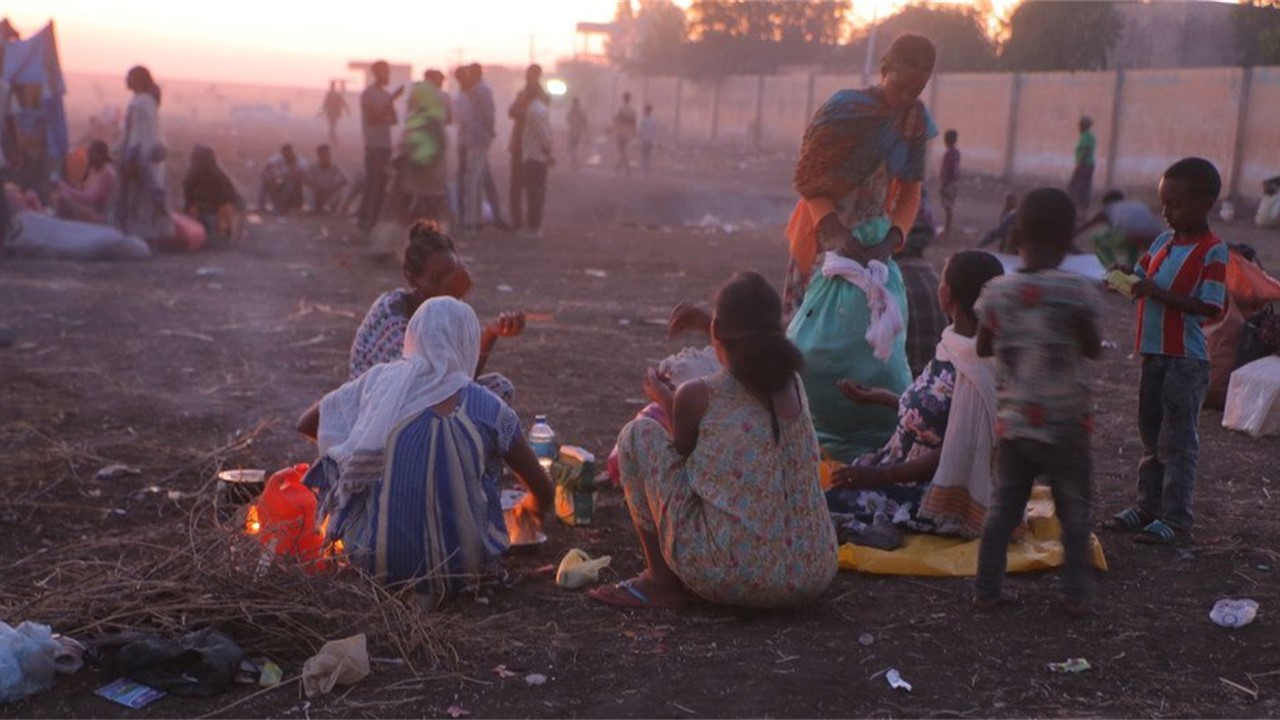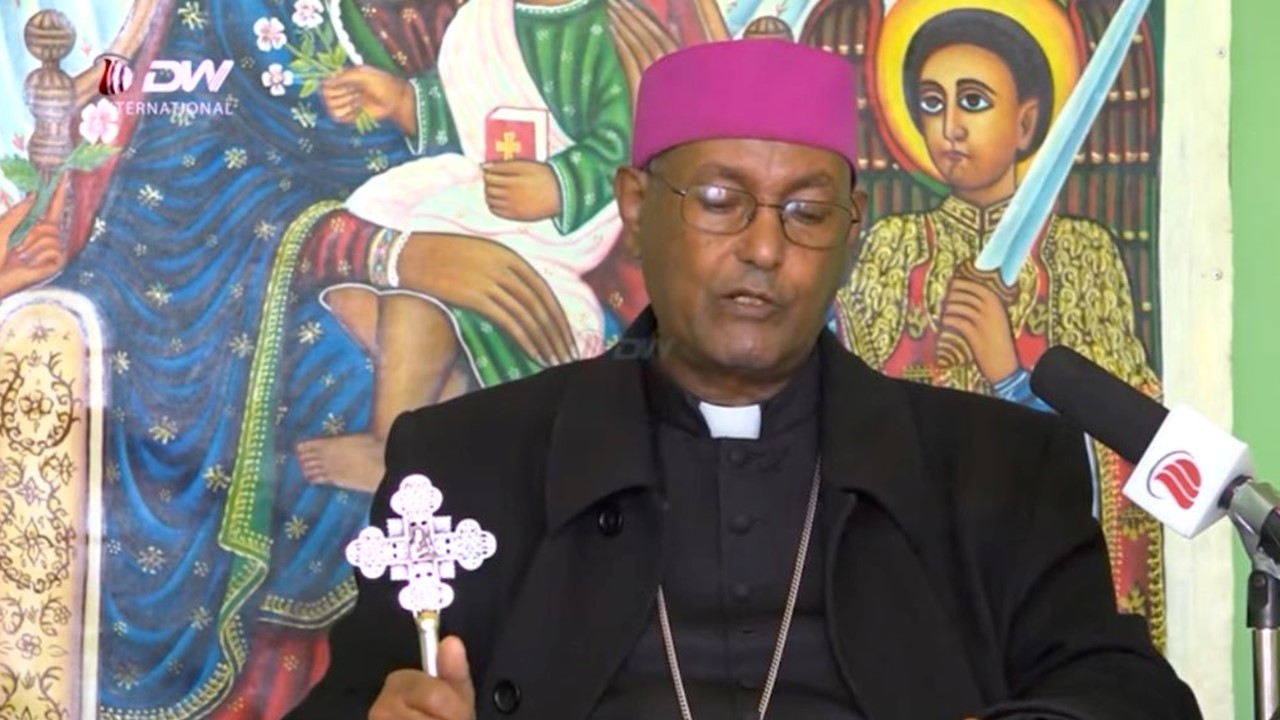Tigray - Two-years of civil war in Tigray, Ethiopia continues unabated, with the risks extending to the entire Horn of Africa, killing thousands of civilians, and turning it into one of the worst humanitarian crisis in the world, with millions of displaced people lacking of food and basic services.
Pope Francis has repeatedly called for a peaceful solution to the war in Ethiopia. In a message sent for the Ethiopian New Year in September, he said he is praying for peace and reconciliation in the country.
The Catholic Church in Tigray called upon the international community, as well as Catholic networks and religious leaders, to actively engage in reaching out to the Tigrayan people and in helping restore peace in the country.
War in Tigray
The conflict broke out on 4 November 2020, when Prime Minister Abiy Ahmed attacked a dissident local government led by the separatist People's Liberation Front of Tigray (TPLF).

It has subsequently extended to other regions of Ethiopia, including the Amhara, Afar and Oromia state regions threatening peace in the entire Horn of Africa.
The federal army, ethnic militias and Eritrean soldiers joined forces to fight the Tigrayan rebels, who initially appeared to have been wiped out, but in mid-2021 regained much of the regional in a massive counteroffensive advancing towards the Ethiopian capital, Addis Ababa, after Eritrean forces withdrew. However, an influx of military drones pushed the rebels back.
Ordeal re-starts after a five-month ceasefire
After a five-months fragile ceasefire that offered some respite to the population, fighting in Tigray resumed in late August and a massive offensive is tearing the region apart again with drones and shells hitting indiscriminately civilians.

The latest incident occurred on 4 October when a drone attacked internally displaced people in Adi Daero, in western Tigray. Since the resumption of hostilities, the supply of humanitarian aid has been almost totally blocked.
Bishop calls for peace and immediate ceasefire
Bishop Tesfaselassie Medhin, of the Catholic Eparchy of Adigrat, in a strongly worded appeal earlier this week, called international attention to the “extreme brutality” of the war and to the “magnitude” of the suffering endured by the Tigrayan people, noting that right now the conflict in Ethiopia is “the largest active war going on in our planet”.
The bishop further pointed to the impossibility for humanitarian aid supplies to access the territory.
“Essential drugs for chronic patients are no longer available (insulin, tablets of hypertension, ART, vaccine for rabbis, vaccinations for newly born children). (…) Survivors of brutal rape are unable to get post-rape care services as a result of the the siege and blockade (…) Over one and half million school children been deprived of their right to education.”
Bishop Medhin therefore called upon the international community, Catholic networks and national and international religious leaders, to voice their condemnation of the “brutal” violence perpetrated in Tigray and to reach out to its people with all available means, while urging for an immediate ceasefire and “political dialogue to ensure a lasting peace” in Ethiopia.
For more than 20 months in Tigray, Bishop Tesfaselassie Medhin of Adigrat, his priests, and the people of the region have remained cut off from the rest of the country as a government keeps a blockade in place.
"The church is facing a great challenge, especially the lack of peace in our country. ... Many of our parishes, including Adigrat Diocese, share the challenge. Priests and sisters have fled their monasteries due to (in)security, and the number of closed chapels and monasteries is increasing," Cardinal Souraphiel Berhaneyesus, chairman of the Ethiopian bishops' conference, said in late July.
AU-led peace talks scheduled for October 8 postponed
On Wednesday, both Ethiopia's federal government and TPLF forces accepted an invitation by the head African Union Commission, Moussa Faki Mahamat, to meet for peace talks in South Africa, on 8 October.
The talks, which would be the first formal negotiations between the two sides since war broke out in November 2020, have been postponed for logistical reasons and, according to diplomatic sources, a new date has not yet been scheduled.
While attention is focused on the war in Tigray, another silent conflict is ongoing in the State Region of Oromia, in central-western and central-southern Ethipia , where Prime Minister Abiy is conducting military operations against the Oromo Liberation Front (OLA).
-VN